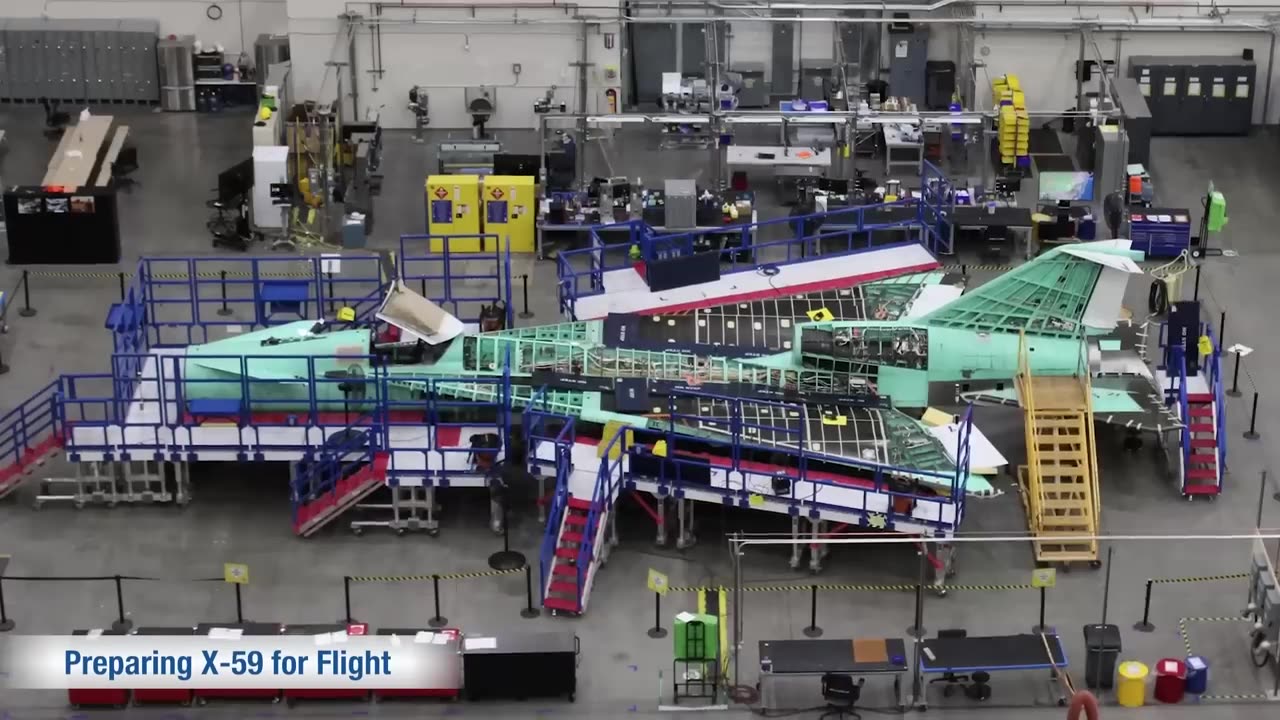Premium Only Content

NASA Administrator Bill Nelson's 2023 Address: Reflecting on the State of the Agency
NASA, the National Aeronautics and Space Administration, stands as a beacon of human ingenuity and exploration. Established on July 29, 1958, NASA's history is intertwined with remarkable achievements that have forever altered our understanding of the cosmos and the boundaries of technological advancement. As of my last knowledge update in September 2021, I will provide you with an in-depth overview of NASA's significant milestones, missions, and contributions up to that point.
Since its inception, NASA has been at the forefront of pushing the limits of human knowledge and capabilities. One of its most iconic moments occurred on July 20, 1969, when the Apollo 11 mission successfully landed the lunar module on the Moon's surface. Astronauts Neil Armstrong and Edwin "Buzz" Aldrin became the first humans to set foot on another celestial body, while Michael Collins orbited above in the command module. This historic achievement not only fulfilled President John F. Kennedy's challenge to land a man on the Moon but also showcased humanity's ability to tackle seemingly insurmountable challenges.
The space shuttle program, initiated in 1981 with the launch of the Space Shuttle Columbia, marked another significant chapter in NASA's history. The shuttle fleet, which included vehicles like Challenger, Discovery, Atlantis, and Endeavour, enabled the deployment of satellites, conducted scientific research in microgravity, and played a pivotal role in assembling and servicing the International Space Station (ISS). However, the program was not without tragedy, as the loss of Challenger in 1986 and Columbia in 2003 resulted in the tragic deaths of their crews.
Speaking of the ISS, it stands as a symbol of international collaboration in space exploration. Launched in 1998, this orbiting laboratory has hosted numerous scientific experiments across various disciplines, advancing our understanding of everything from biology to physics. The ISS represents not only a platform for research but also a testament to the ability of nations to work together beyond the boundaries of Earth.
NASA's robotic missions have also significantly contributed to our knowledge of the solar system and beyond. The Mars rovers, including Spirit, Opportunity, and Curiosity, have provided unprecedented insights into the Martian landscape and potential habitability. The Voyager probes, launched in 1977, have journeyed beyond our solar system, sending back valuable data about the interstellar space they traverse.
In recent years, NASA has been actively working on the Artemis program, aimed at returning humans to the Moon and establishing a sustainable presence there by the mid-2020s. This ambitious endeavor not only seeks to build upon the legacy of the Apollo program but also serves as a stepping stone for the eventual human exploration of Mars.
Furthermore, NASA's Earth Science division has been diligently monitoring our home planet's changing climate, providing crucial data to understand the impacts of human activities on the environment. Satellites like the Hubble Space Telescope have revolutionized our understanding of the universe by capturing breathtaking images of distant galaxies, nebulae, and other celestial objects.
In conclusion, NASA's journey over the decades has been marked by pioneering achievements, cutting-edge research, and unwavering determination. From the Moon landings to the exploration of Mars and beyond, NASA's contributions have reshaped our understanding of space, technology, and the universe itself. As we look to the future, NASA's ongoing endeavors promise to inspire generations to come and continue expanding the boundaries of human knowledge and exploration
-
 LIVE
LIVE
DeadMan88
4 hours agoWGT Golf Road to Master
120 watching -
 LIVE
LIVE
Jewels Jones Live ®
21 hours agoUP IN SMOKE! | A Political Rendezvous - Ep. 106
800 watching -
 1:35:04
1:35:04
Winston Marshall
2 days ago“This Wasn’t Accidental!” Maajid Nawaz SPEAKS OUT on R*PE Gangs and The REAL Cover-Up
54.7K48 -
 23:46
23:46
barstoolsports
5 hours agoSurviving Barstool Drama Spills Over Into The Office | Stool Scenes
41.1K2 -
 5:11:58
5:11:58
Shield_PR_Gaming
6 hours ago01/18/25. Let's chill with MMORPG and then some shooters!! Read Description! You know you want to!!
28.3K1 -
 1:09:39
1:09:39
Tactical Advisor
5 hours agoTrump Inauguration & New Gun Releases | Vault Room Live Stream 014
28.4K2 -
 11:27
11:27
Adam Does Movies
18 hours ago $6.19 earnedWolf Man Movie Review - Does It Bite?
55.2K9 -
 11:57
11:57
inspirePlay
22 hours ago $10.81 earnedLongest Drive Wins! Elite Long Drivers Battle in Par 4 Elimination
102K15 -
 8:44
8:44
RTT: Guns & Gear
1 day ago $5.93 earnedStreamlight TLR RM2 Laser - G | The Best PCC Light
73.8K5 -
 36:38
36:38
Athlete & Artist Show
1 month ago $3.67 earnedNCAA Hockey Was A Joke, TNT Hockey Panel Is The Best In Sports
55K2